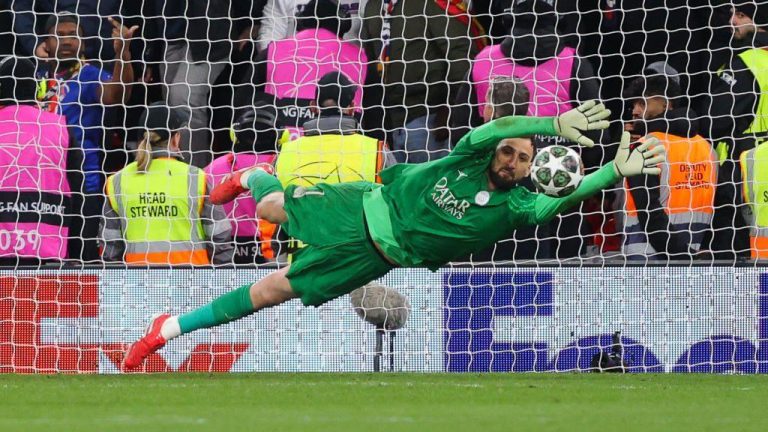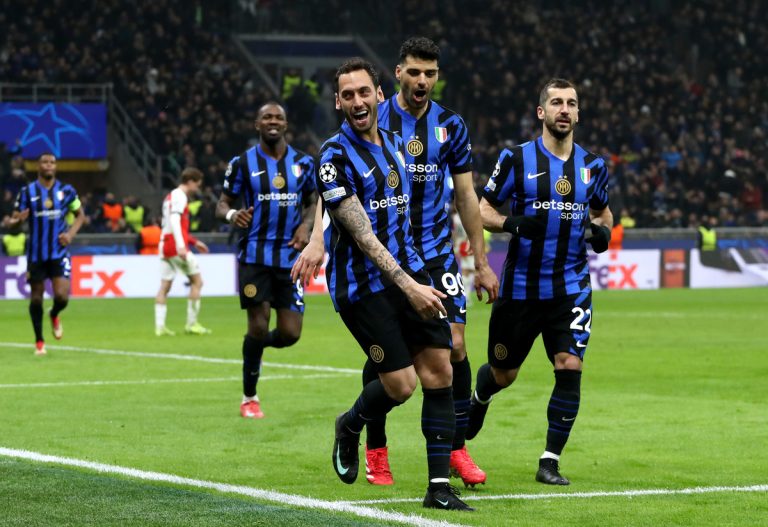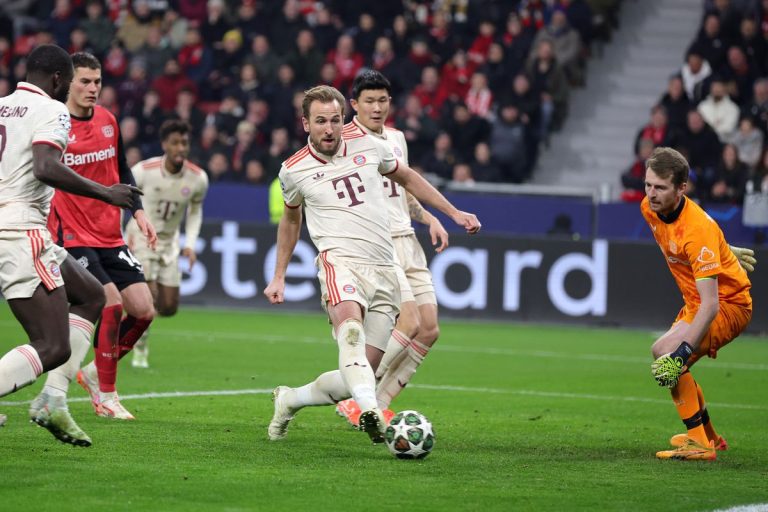Under the European summer sky in 2024, Germany will once again hold a major football event. However, more than just a tournament, this is the stage where Die Mannschaft, as the German national team is known, show off their hegemony —a power that is not only measured by trophies, but also by how they have changed the face of world football.
Think of football as an orchestra. If so, then Germany is the conductor. They not only play the music, but also dictate the rhythm, determine the tempo, and shape the harmony of the game.
ADVERTISING
This is the essence of hegemony as expressed by Antonio Gramsci, an Italian philosopher, writer and political theorist. For Gramsci, hegemony is power that is not just won, but must also dictate the narrative (Gramsci, 1971).
Germany leads the Group A standings in the 2024 European Cup. Two wins from Scotland (5-1) and Hungary (2-0) ensured that Germany qualified for the round of 16.
Germany has long been a maestro on the world football stage. Four World Cup crowns and three European Cup titles are not just numbers, but evidence of almost unrivaled consistency.
However, German hegemony is about more than just a collection of trophies. This is about how they have changed the ‘language’ of football. They created a new dialect that is now studied and imitated all over the earth.
In this era of globalization, German football has become a kind of ‘lingua franca’. From muddy fields in remote Africa to luxury academies in America, Germany’s football philosophy – efficiency, discipline and teamwork – has become a mantra for coaches.
This is a form of soft power that might even make diplomats jealous. The ability of Franz Beckenbauer, Jurgen Klinsmann, Lothar Matthaus, Toni Kroos, and others to pass the ball is like diplomats at the negotiating table.
Germany had built their football empire, not with swords and cannons, but with tactics and talent. Their academies are factories that endlessly produce new stars. Meanwhile, their coaches – Klopp, Tuchel, Flick, Loew, Heynckes – are missionaries who spread the ‘teachings’ of German football throughout the world.
However, like every empire in history, German hegemony faced challenges. Spain with its tiki-taka, France with its young talents, and Belgium with its ‘golden generation’. Everyone competes to win the throne.
This is what makes football so interesting. He is the stage on which geopolitical dramas are played out, without a drop of blood being spilled.
Indonesian Football
So, where is Indonesia in this constellation of football powers? If Germany is an orchestra conductor, then Indonesia is still learning to read musical notes.
However, isn’t every maestro once a beginner? For Indonesia, Germany can be a teacher and inspiration.
The success of the German Der Panzer was not the result of an overnight miracle, but the fruit of long-term planning and tireless hard work. Indonesia needs to build a solid foundation – from developing young talent to improving infrastructure.
Europe and football are like two sides of the same coin and are very difficult to separate. From this continent, modern football governance and quality football players were born.
This development was also accompanied by the holding of the European Cup tournament and other football matches. European football has given birth to various philosophies and tactics in the concept of modern football.
However, caution is still needed in imitation. Every nation has its own character, and Indonesia must find its own ‘voice’ in the world football orchestra.
Indonesian naturalized/diaspora players have indeed shown off their role. But some innovation is also needed.
Maybe one day, Indonesian games will have the beauty of Balinese dance, the elegance of shadow puppetry, and the power of Javanese gamelan.
In the midst of the hustle and bustle of the 2024 European Cup, when Germany once again shows off its prowess, Indonesia must be able to look beyond the shine of the trophy and the cheers of the crowd.
There are valuable lessons on how to establish hegemony – not just in football, but also in other aspects of life. Football, ultimately, is a mirror of society. Germany’s success on the gridiron is a reflection of their work ethic, innovation and organization off the pitch.
When the ball rolls in German stadiums this summer, remember that what we are watching is not just a 90-minute match. It was a show of hegemony, an exhibition of soft power, and perhaps – for those who could see it – a master class in how to build a nation’s superiority. In the world football symphony, Germany has long played a leading role.
ASL
















